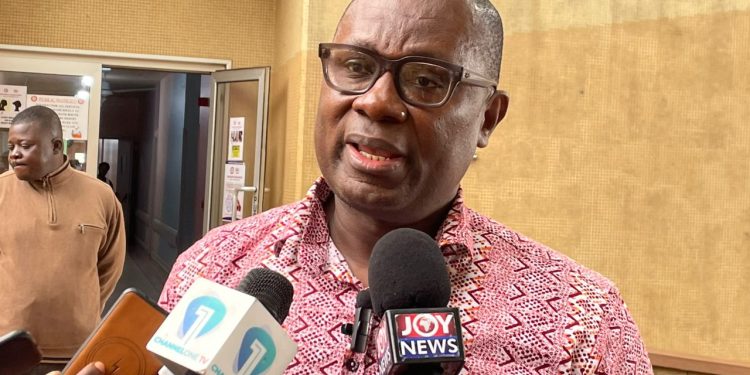
The Komfo Anokye Teaching Hospital (KATH) is set to establish a Catheterisation (CATH) laboratory for the first time in its 70-year history within the next two to four months.
The facility, one of Ghana’s major referral hospitals serving 12 out of 16 regions, has operated without a CATH lab since its inception, despite its central role in healthcare delivery.
Public concern over this gap intensified following the death of Dr. Kwame Adu Ofori, an Emergency Physician and former staff member of KATH, who died of a heart attack on July 6.
His passing drew attention to the absence of the life-saving facility, which is critical for diagnosing and treating blocked coronary arteries.
Speaking at the hospital’s 2025 Mid-Year Performance Review, Chief Executive Officer, Dr. Paa Kwasi Baidoo, disclosed that plans are far advanced, in collaboration with the Ministry of Health and the National Health Insurance Authority (NHIA), to provide KATH with its first CATH lab.
“The Ministry of Health, through the NHIA, has taken it upon itself. It is not just a gadget; it is a complete system made up of various components. Procurement processes have begun, and within the next couple of months, we hope to see it completed,” he said.
Dr. Baidoo lamented that, despite the hospital’s long history, many essential facilities—including CT scans, Magnetic Resonance Imaging (MRI), fluoroscopy machines, oxygen plants, and central sterilisation units—are either out of service or functioning poorly. He further noted that other critical equipment, such as mammograms, is entirely absent.
He stressed that management is engaging stakeholders to address these deficits and complete major stalled projects. He also revealed that KATH intends to adopt a Public-Private Partnership (PPP) model to bridge funding gaps.
“Mammograms, as I said, we don’t have. Procuring such facilities requires millions of cedis, which the hospital does not have. We want to embark on a PPP arrangement where individuals or companies with resources can invest, and through proper legal frameworks, we use the facilities and share profits,” Dr. Baidoo explained.




